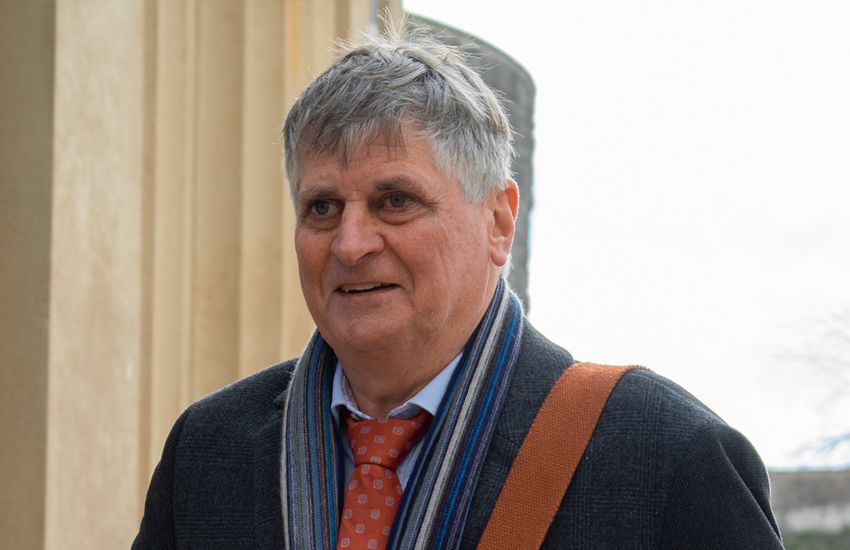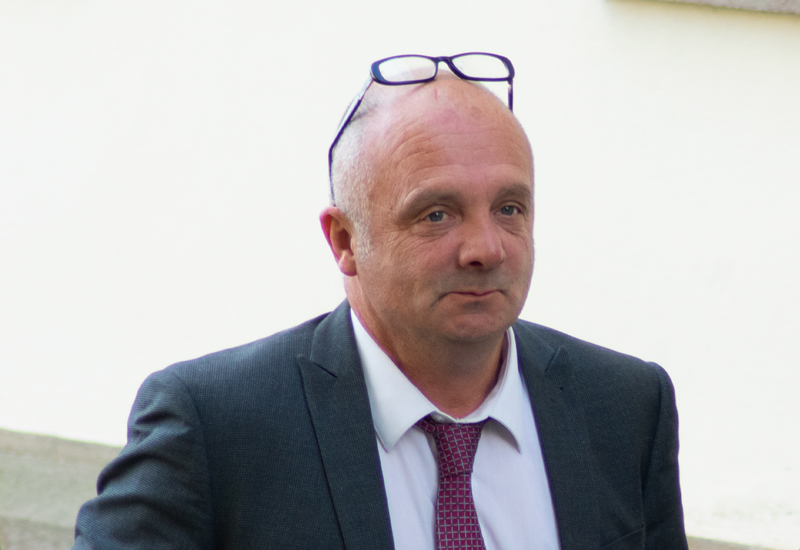

Guest workers on short term employment permits will not have to leave the island at the end of their 'nine months, three months' cycle, after urgent changes were made to the island's population regime.
Businesses in the hospitality industry have been pushing for more flexibility to help them retain skilled and experienced workers during an unprecedented year which has dealt a hammer blow to the visitor-reliant sector.
Home Affairs has responded by exploiting some "flexibility" in the current legislation which allows them to "turn on and turn off" policies in order to adapt to the effects of the pandemic.
The States of Guernsey has already pledged £8m in financial support to the sector from October until March 2021 through a payroll scheme and a tiered grant system based on star ratings.

Pictured: Empty rooms have become a common sight at local hotels after visitor numbers nosedived because of the pandemic.
The latest support comes in the shape of permit extensions. Home Affairs' decision means that those holding a Short Term Employment Permit - working nine months ‘on’, three months ‘off’ - will not have to leave the island for their three-month break, while Short and Medium Term Permit holders approaching their five year cap may apply for a one or two year extension.
"As a committee we have listened to the business community and recognise that positive changes are needed today if we are going ensure that those industries hit the hardest by the unprecedented events of the past year have the opportunity to recover," said Home Affairs President Rob Prow.
"As we go into winter, it is hoped that this change in policy will not only acknowledge the valuable role that seasonal workers play in our community, but also allow businesses to retain skilled and experienced staff and allow them to plan, with a little more confidence, for the future."
Deputy Prow stressed that his committee was keen to raise awareness that the population regime - which has been criticised in some quarters since its inception - is not a straitjacket and is flexible to the needs of the island.
"The population management regime was designed to be flexible and responsive to the island's changing economic needs. The Committee for Home Affairs intends to work with political colleagues and industry to exploit this flexibility to “turn on” and “turn off” policies that will support not just the recovery of individual businesses, but the economy as a whole and demonstrate that, as an island, we are open for business.’

Pictured: Economic Development Neil Inder said the States needs to work collaboratively to address many of the issues caused by the pandemic.
Economic Development President Neil Inder said it was a fine example of cross-committee action to address an issue that touches upon multiple States agendas.
“Our workers who hold short term employment permits are a crucial part of the work force and there are a lot of businesses that would struggle without them," he said.
"This is swift action to support them and ensure they don’t need to leave the Island. The pandemic has had a big impact on businesses and government needs to do everything it can to help them, so they’re in a position to recover and grow as quickly as possible. I’ve already said that my committee certainly does not own the economy, and right across government we need to look at all the ways in which we can help industry.”
Individuals and employers are encouraged to contact the population management office for advice about how to take advantage of existing policies so that they can continue to live and work in the island.
Comments
Comments on this story express the views of the commentator only, not Bailiwick Publishing. We are unable to guarantee the accuracy of any of those comments.